A Property Management Exec: What Worked Last Year May Not Work Tomorrow
Constantly tailoring maintenance strategies for each property will create value for owners and tenants alike, MODE President David Verwer tells CPE.
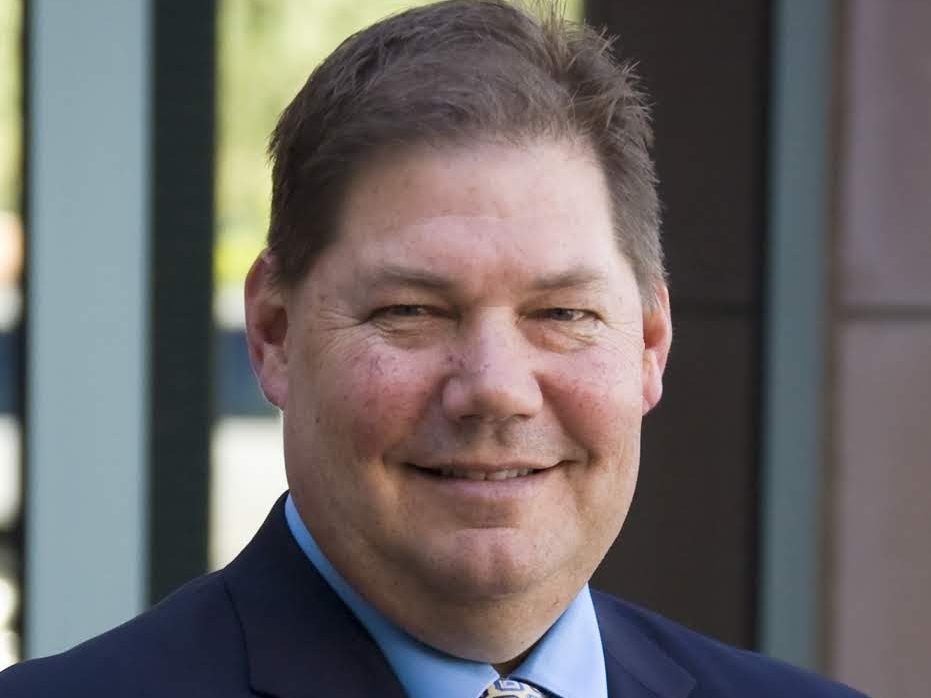
Since 2008, MODE Commercial Property Management has been serving real estate owners across the Greater Phoenix area. Today, the company operates some 85 properties, including industrial, office, retail and medical office buildings.
“Our signature is hands-on management,” believes President David Verwer. “We walk the buildings, know the tenants by name and act swiftly when issues arise.”
How does MODE approach CRE property management in a constantly evolving economic climate? What’s their competitive advantage? Verwer answers these questions and many others in the interview below.
READ ALSO: BOMA International 2025 Conference Highlights
What do you think are the biggest challenges property managers face today? How do you overcome them?
Verwer: One of the biggest challenges today is maintaining service quality and operational efficiency in a rapidly changing economic and technological landscape. Rising costs, labor challenges and evolving tenant expectations all demand that we do more with less, while still delivering exceptional value.
My professional experience includes more than 20 years as a commercial broker, focusing on commercial sales and leasing as a Certified Commercial Investment Member. I believe this gives us a unique connection between the outside brokerage community and our third-party property owners.
Additionally, we have recently ventured into the virtual assistant world for some of our non client-facing tasks. Externally, we prioritize clear and frequent communication with owners and tenants alike. It’s also critical to stay flexible—what worked last year may not work tomorrow.
How do you approach management services across all the different asset types in your portfolio?
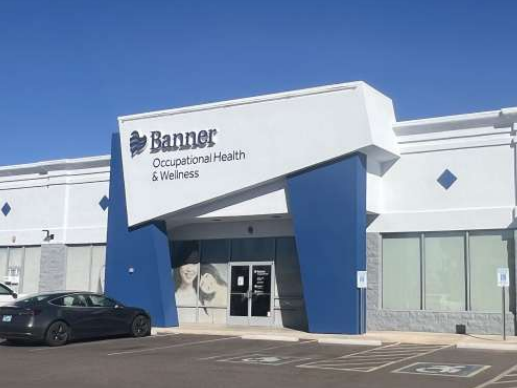
Verwer: We tailor our approach to fit the unique needs of each asset type, whether it’s a medical office, retail center or industrial property. Every asset has its own rhythm, challenges and tenant base.
Our team is cross-trained and typically enjoys the variety of a mixed portfolio, but we also match our property managers to assets where they have the most expertise and enthusiasm. For example, our managers of medical office properties are well-versed in compliance, patient access and vendor coordination. For retail properties, we focus on foot traffic, branding consistency and tenant mix.
Tell us more about the MODE Tenant Retention Program and how it works.
Verwer: Our MODE Tenant Retention Program is a structured, proactive initiative built around three pillars: communication, condition and connection point with our revenue providers. In terms of communication, that means regular check-ins and surveys, and not just when leases are up for renewal.
Condition involves maintaining a clean, safe and operational property environment, which enhances tenant satisfaction. Lastly, we stay connected by hosting tenant events, sharing community updates and making tenants feel valued as part of the property ecosystem and we remain visible and connected with them.
WATCH THIS VIDEO INTERVIEW: Let’s Talk About Retail Trends
You also have an in-house building engineering team. In what ways has it impacted your operational efficiency?
Verwer: It has been transformative. It allows us to respond quickly to maintenance issues, control quality, and build trust with tenants through consistent, professional service. When a property manager and the building engineer walk up to a property together, they are both looking for different issues and even listening for different things, like the sound of a HVAC fan that the engineer recognizes as a potential problem.
It also improves cost-efficiency. We’re not at the mercy of third-party vendor schedules or markups. Our engineers know the buildings inside and out, which leads to better preventative maintenance and fewer emergency calls.
From a client standpoint, it’s a huge value-add because they see faster resolution times, better property performance and less tenant frustration. One of my favorite stories to share is how often our tenants will send our building engineers off with homemade cookies, treats and snacks.
From a property management perspective, which CRE assets are currently thriving in Greater Phoenix and which are facing challenges?
Verwer: Greater Phoenix mirrors many national CRE trends, but we’ve also carved out our own path. Industrial and medical office remain strong in this region, driven by population growth, logistics demand and health-care expansion.
Retail is surprisingly resilient here, especially neighborhood centers with service-based tenants. Phoenix’s population growth, climate and affordability continue to draw businesses, making our market extremely dynamic, in comparison to other similar-size cities and metros.
Traditional office space is facing some more challenges, especially in suburban corridors. That said, well-located, Class B spaces with flexible layouts are seeing renewed interest as smaller companies look to upgrade from remote-only setups.
READ ALSO: How Accesso Partners Is Reimagining Office Operations
To what extent has remote work and return-to-office activity changed your property management operations?
Verwer: Remote work has changed expectations, especially around responsiveness and digital access. Tenants now expect faster online service, virtual walkthroughs and 24/7 communication. Thankfully, we were able to hone a lot of our remote skills during the COVID-19 pandemic and we were early adopters of remote work.
Operationally, we’ve embraced hybrid work for our own team while ensuring we stay boots-on-the-ground for our properties. Return-to-office mandates have brought some stability to occupancy, but we’ve found that flexibility is still key—many tenants want shorter lease terms or more customized spaces.
You mentioned earlier that you’ve recently ventured into the virtual assistant world. How are you using AI in your operations? What benefits and drawbacks do you think it has?
Verwer: We’ve started to leverage AI in several strategic areas: lease abstraction, financial forecasting, drafting documents and maintenance tracking. Tools like ChatGPT, Microsoft Copilot and AI-driven data models help our team analyze property performance more quickly and make better-informed decisions.
The benefits are clear, as we see increased efficiency, fewer errors and more time for strategic planning. However, there are limitations because AI can’t replace human judgment or relationship-building. We use it to enhance, not replace, our personal approach.
What are your plans for the Greater Phoenix area? What market trends are you watching closely?
Verwer: We’re focused on thoughtful, sustainable growth. That means deepening our presence in key submarkets, expanding our engineering team, and continuing to invest in technology and training.
We’re closely watching trends like adaptive reuse, tenant experience technology and the growing importance of real-time data for ownership decisions. The Phoenix metro is also a recurring leader in outside technology testing, with companies such as Waymo, and (coming soon) Tesla Robotaxi’s focus on our market to test out some of the new transportation and technology rollouts.

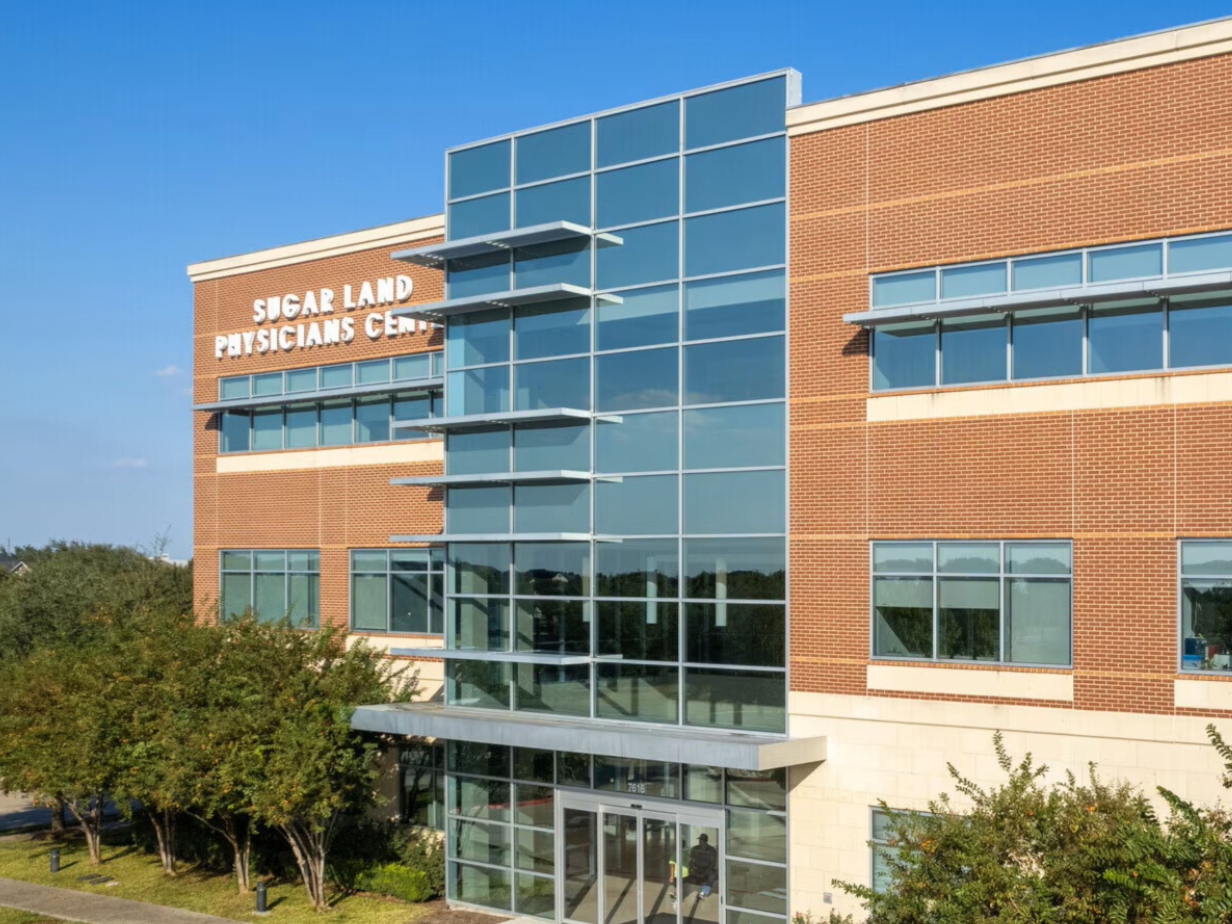
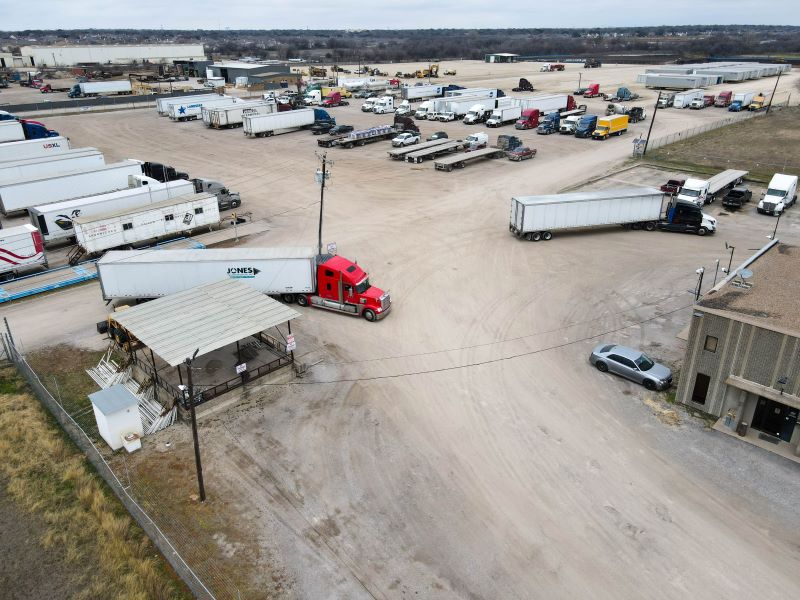
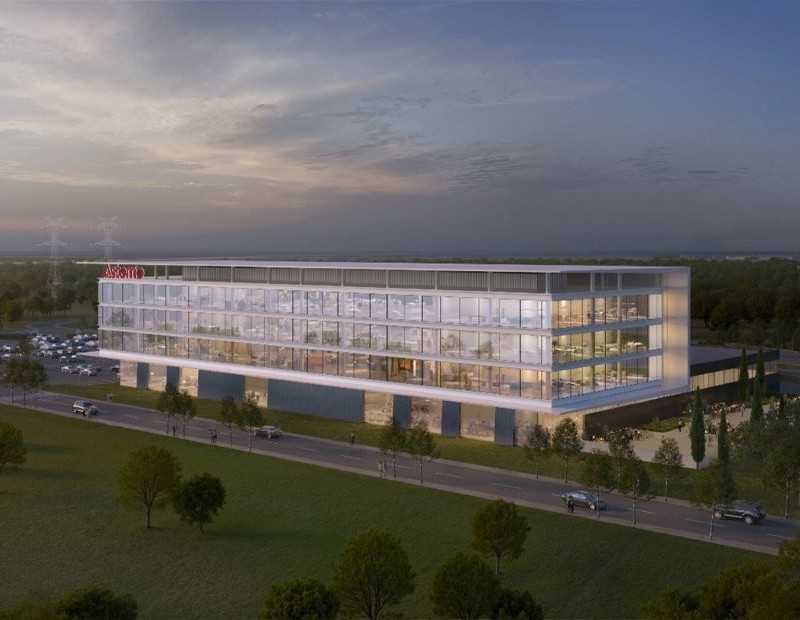
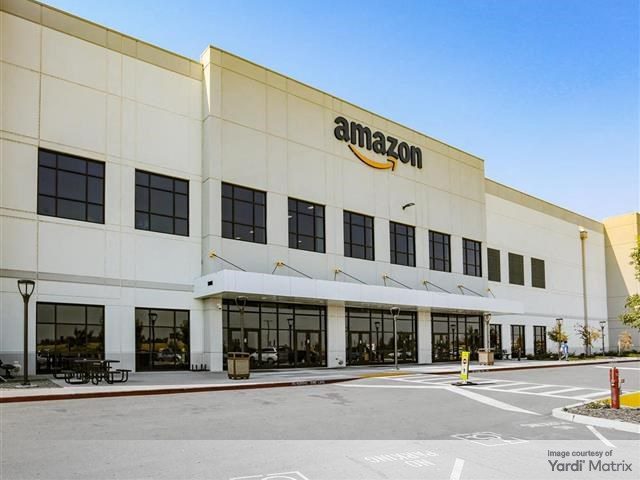
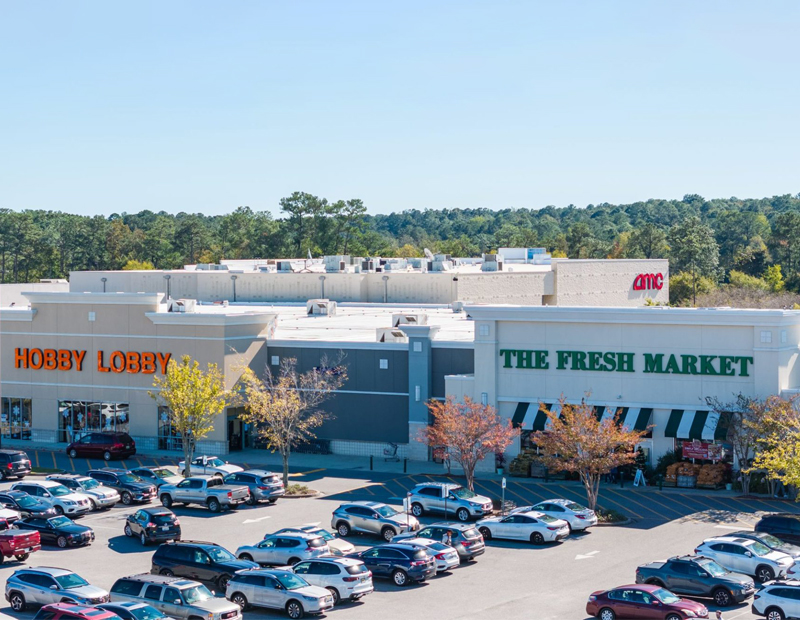
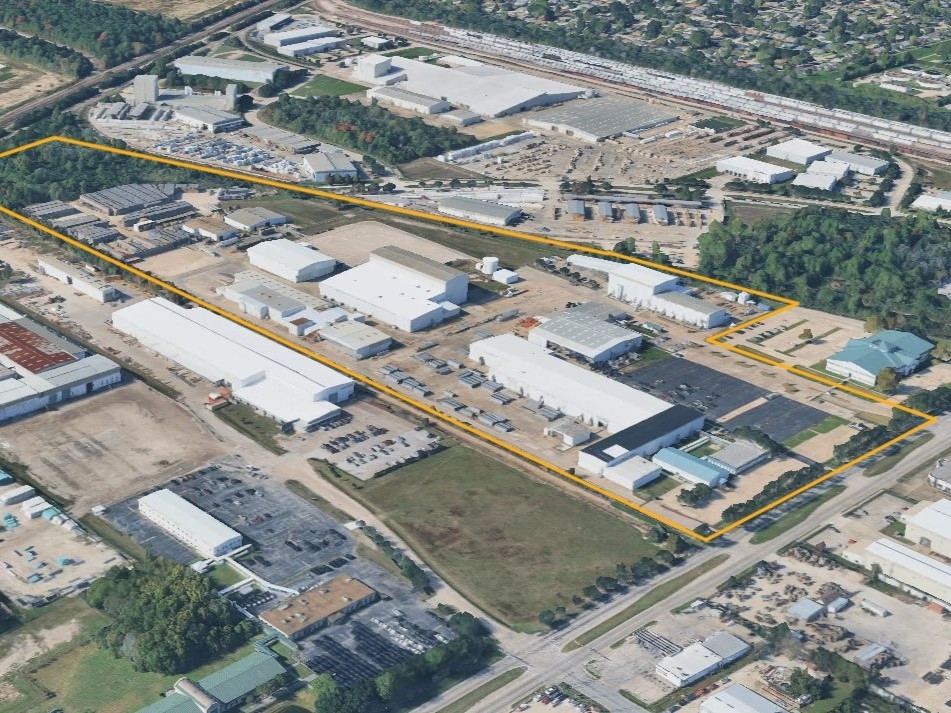
You must be logged in to post a comment.